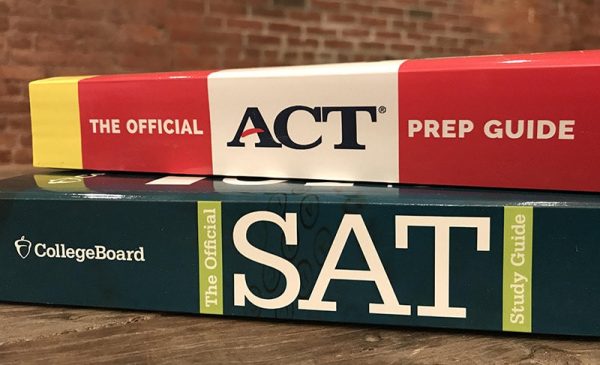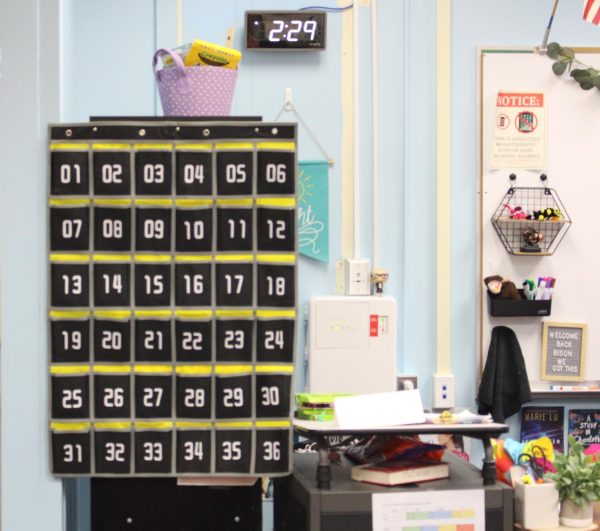Thousands of colleges to close amid failing business model
A familiar sight will be sweeping across the countries in the next decade. According to a study by Harvard education professor Michael Horn, approximately a quarter of all American colleges will close or be merged by the end of the 2030’s. Thousands of empty colleges will begin to populate the plains and Northeast as institutions begin to shutter due to a lack of funds, with small liberal arts schools likely to be hit the hardest.
This phenomenon has already been seen locally. John Marshall Law School and Robert Morris University have merged with the University of Illinois-Chicago and Roosevelt University, respectively, in the past year.
“I do think that the trend will continue and certain schools across the country will buy out other schools,” post-secondary counselor Paul Genovese said.
According to counselor Bill Brown, some liberal arts schools are trapped in a paradox. On one hand, they need a healthy enrollment size, which stems from a slew of scholarships, incentives and a constantly growing set of major programs. On the other, they desperately need to make a profit.
“[Liberal arts colleges] are at a disadvantage because they don’t offer every major,” Brown said. “People also worry because the sticker price is expensive and so some shy away from even applying assuming they can’t receive enough financial aid.”
Colleges of all sizes have struggled to both meet their own needs and those of students’ since the Great Recession of 2008. Many institutions have been forced to raise prices despite the fact that students can’t necessarily afford to pay full tuition. This pattern of unsustainable pricing has raised suspicions.
“Some people won’t be able to afford much larger colleges, meaning smaller colleges need to be kept around,” senior Luis Lopez said.
To avoid the decline in attendance that usually follows a price increase, colleges have aimed to provide scholarships for students, even if it doesn’t help the school’s bottom line. This can lead to chronic financial problems in such institutions.
“More people are getting more financial aid,” Brown said. “There are very few people that are paying full ride and that’s upsetting the balance.”
Private schools also can’t rely on a state legislature to consistently fund them or, should the need arise, bail them out in times of financial emergencies. Instead, their funding comes mostly from a currently volatile private sector and informal donations.
“Private schools don’t accept some federal dollars,” Genovese said. “A lot of schools rely on donations from alumni and since the school is smaller, there’s less of a pool to tap into. If it gets to the point that they can’t compete, they have the option to close.”
Despite the fact that many in the United States feel that graduating college is a ticket to an enriching career, schools’ business models have been failing. Many prospective students want a college that is prestigious enough to impress employers before all else, rather than attending a school that’s best for them, like a community college.
“I do think it’s a good pathway to go through community college” Lopez said. “If you play your cards right, you can still get a good career. Plus, they tend to be more affordable.”
This affordability from community colleges have resulted in rural colleges and niche liberal arts schools seeing a decline in attendance. Despite a thriving economy, generations of students who grew up during the Great Recession of 2008 are less likely to take a chance on an institution that isn’t guaranteed to last. They’re also looking for majors that can ensure a consistent salary after leaving college, which not all colleges offer.
The future for colleges appears to be mean more centralized schools and drifting further away from individualized types of learning, according to Brown. Due to this, smaller colleges would need to adapt to a new environment to keep their schools intact.
Generally, the change will result in an overhaul of not only the system of secondary education itself, but also students’ perception of it. If experts like Horn are correct, college as we know it will change radically in future decades, one school at a time.
“Everything is interconnected and one affects the other,” Genovese said. “The philosophy on the general population of kids across the country is changing drastically, and those smaller colleges will be hit directly.”





